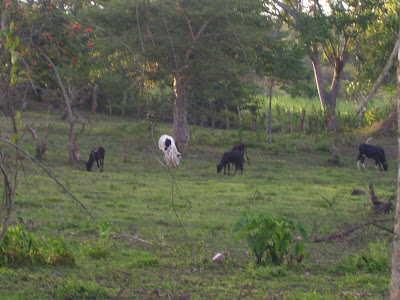Time check 5:00 am, little Brenda should have woken up by then to prepare for the "future " walk. 8 year old brenda lives furthest from St theresa School, the school that all primary school girls supported by the 52 kids foundation attend. She has to walk for 2 hours to school and 2 hours back every single day of school.
Brenda is under the care of a single mother."My mother wakes me up at 5:00 am, I bathe my body, clean my teeth, smear vaseline, comb my hair , put om my uniform and shoes, then , im ready to go. I normally leave home at 6: 00 am. I try to walk as fast as I can, and in between, I have to run. On a lucky day, I may hitch a ride from a sympathiser who is headed in the direction of Kamuli town." explains Brenda.

Winnie, Immaculate, Hilda, Aminsi, Benaleta, Tony ,George are some of the other 52 kids with similar stories. Atleast 25 of the 52 kids in primary school have to commit 4 hours every single day to the "future" walk.
" The journey back from school is much more fun than the journey to school . We always walk back in a group conversing,telling each other interesting stories. The morning journey is rushed everyone moves on his own most times. No one wants to be late for school because late comers are punished. " observes Benaleta.
The "future " walk has got its own challenges. Most of the kids who have to endure the "future "walk confess that it contributes to the toughest part of their day. The walk becomes tougher in the rain season especially if it rains in the morning when the kids have to walk to school.
Micheal Kisige was bitten by a stray dog one early morning as he was walking to school in 2008. Winnie is nursing superficial bruises she obtained when whe fell off a friend,s bicycle on their way to school in september 2009." I asked for a ride from a friend who insisted that I should ride, I do not have so much experience that is probably why we fell off the bicycle" explained Winnnie, looking at one of the healing bruises.
The Boda-Boda motor cyclists ride so recklessly and fast on the village roads and paths, pedestrians especially kids are at risk of getting knocked down.
Despite the challenges posed by the walk, the affected kids understand that it is the walk that is intended to transform their lives and those around them in future.
With the completion of the 52 kids dormitory, the face of the "future walk is expected tonever be the same for the 52 kids , who will be accomodated in the facility.









